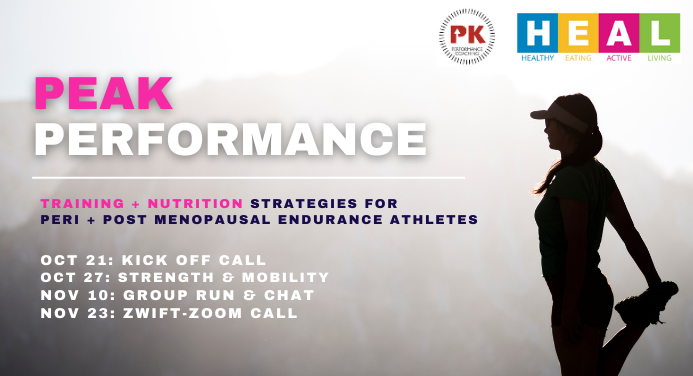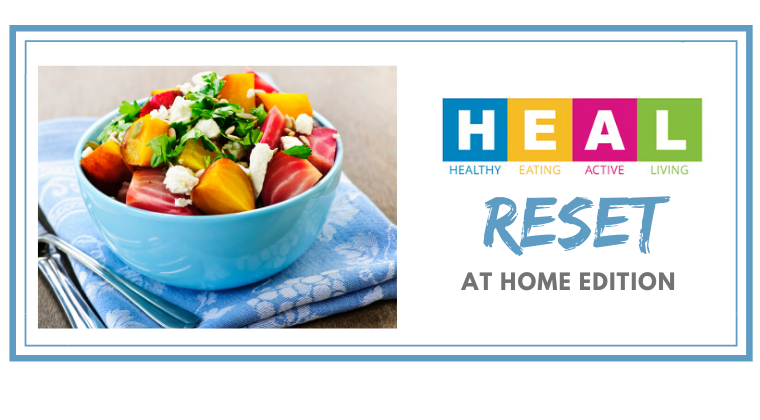Ask A Nutritionist (Sept/Oct 2009) – Stressed Out!
October 21, 2009
New York, New York!
December 1, 2009Running Nutrition for Diabetic Athletes
Q: ” As a diabetic, any suggestions on nutrition for the long run days?”
A: Diabetes is described as a chronic disorder of macronutrient metabolism characterized by fasting elevations of blood sugar levels. Diabetes falls into insulin dependant (type 1) and non-insulin dependent (type 2) categories. Running and other forms of physical exercise can benefit both types and results in enhanced insulin sensitivity with diminished need for outside sources of insulin and improved glucose tolerance. However, certain precautions need to be taken to ensure diabetic athletes are fueled properly before, during and after exercise so as not to jeopardize health.
The Diabetic Athlete, published the following American Diabetes Association & American College of Sports Medicine guidelines, for athletes with type 1diabetes (and other insulin users). A bit of trial and testing is required to know how you are going to react and what works best for you, so it’s important to establish a metabolic control before exercise. They suggest:
- Avoid exercising if fasting glucose levels are >250mg/dl (14mM) and ketosis is present.
- Use caution if glucose levels are >300mg/dl (17 mM) and no ketosis is present
- Ingest carbohydrates if glucose levels are <100 mg/dl (5.5 mM)
For athletes with type 2 diabetes, ketosis is unlikely, however knowing your starting blood sugar level is important for developing a regime to prevent hypoglycemia and to exercise safely.
It is important to perform blood glucose monitoring before and after exercise to identify when changes in insulin or food intake are necessary. Continue to monitor blood glucose levels at one-hour intervals after exercise to make adjustments in insulin or food to prevent hypo- or hyperglycemia and learn your glycemic response to different exercise conditions.
Fueling before the run: Use pre-run blood glucose levels as a way to decide if or how much food is required for the pre-run meal. Time of day, intensity and duration of the run will be a big factor here.
Fueling during the run: Consume carbohydrates as needed to avoid hypoglycemia and keep carbohydrate-based foods (gels, sports drinks, or other sugar based foods that are easy to carry) in the amount of 15-45 grams of carbohydrate every 30-60 minutes for runs last longer than 80 minutes. For shorter runs it’s advisable to carry carbohydrate as well in case blood sugar levels start to fall.
Fueling after the run: Plan ahead with a carbohydrate rich snack such as a banana or a bagel. Consume carbohydrates within 30 minutes of completion to optimize repletion of glycogen following exhaustive (high intensity) or depleting exercise (long duration). This may help reduce the risk of post exercise late-onset hypoglycemia, which can occur up to 24 hours following exercise. Glycogen can be replenished during this time with a minimal amount of insulin as exercise heightens insulin sensitivity. Following prolonged exercise insulin may need to be reduced by 25-50% with meals.
Dehydration is also a concern for diabetic athletes as high blood sugar levels cause more water loss through urination. You should drink adequately before, during and after exercise for exercise lasting less than 60 mins. Consume ½ to 1 cup of plain water for every15-20 minutes of exercise.
Training variables such as intensity, duration, time of day, circulating insulin levels and starting blood sugar levels will affect blood sugar response. It’s important to track your findings and develop a plan for all types of conditions so you know how to handle all situations that can arise. Enlisting the help of your doctor or specialist can be useful in developing your plan. The Diabetic Athlete, (2001) by Human Kinetics is an excellent reference for details on regulating your blood sugar and medication for different sports and activities.



